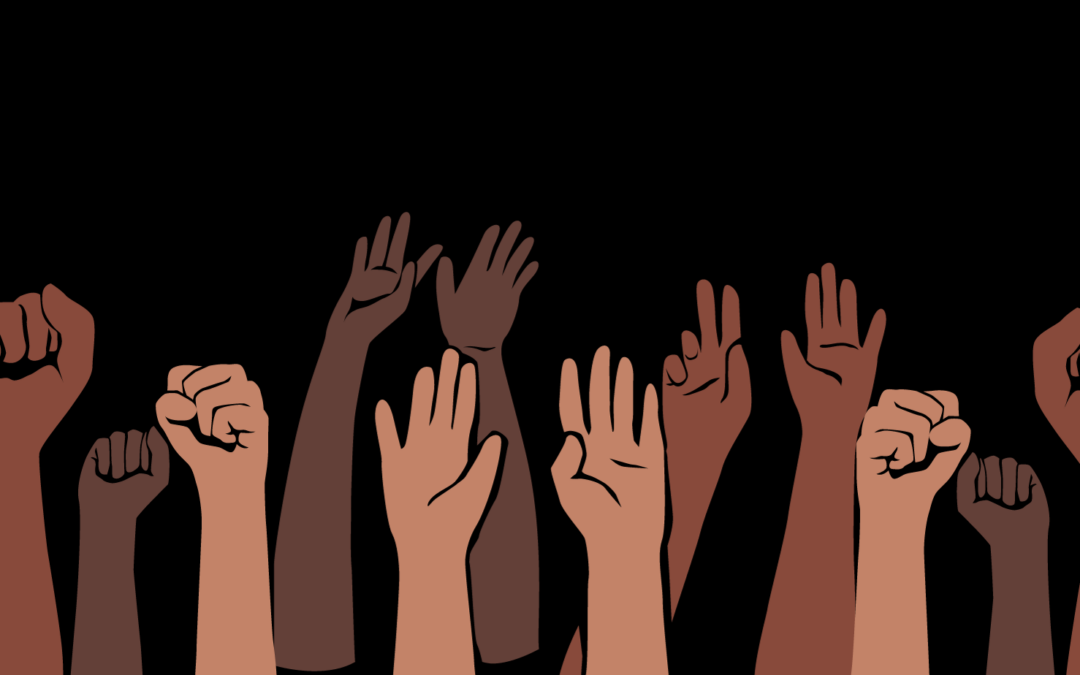As we commemorate Black History Month and National Mental Health Screening Month, it is crucial to examine the role of intersectionality in understanding and addressing the mental health challenges faced by the Black community. Intersectionality recognizes that individuals have multiple aspects to their identity, such as race, gender, socioeconomic status, and more, which intersect to shape their experiences. In this blog, we will explore how intersectionality influences Black mental health and discuss the importance of recognizing this intersection in promoting holistic well-being.
Understanding Intersectionality and Black Mental Health
When discussing mental health in the Black community, it is essential to consider the diverse intersectional experiences individuals may face. Black individuals are not a monolithic group, and their mental health struggles can be shaped by various factors, including gender, sexual orientation, disability, and immigration status. Recognizing the unique challenges faced by different segments of the Black community is crucial for providing effective support and resources.
Addressing Racial Trauma and Its Impact
Racial trauma, stemming from experiences of racism, discrimination, and systemic injustice, significantly affects Black mental health. During Black History Month, we reflect upon the historical trauma inflicted upon Black communities, acknowledging the long-lasting effects on individuals’ psychological well-being. Recognizing and validating the impact of racial trauma is a vital step towards healing and promoting resilience within the Black community.

Breaking Down Stigmas and Cultural Barriers
Within the Black community, there can be cultural stigmas and barriers that hinder discussions around mental health. During National Mental Health Screening Month, it becomes essential to challenge these stigmas and create safe spaces for open conversations. By fostering culturally sensitive mental health discourse, we can encourage seeking help, dismantling harmful stereotypes, and promoting well-being within the Black community.
Socioeconomic Factors and Access to Mental Healthcare
Socioeconomic disparities significantly impact mental health outcomes in the Black community. Limited access to quality healthcare, affordable therapy, and resources can exacerbate existing mental health challenges. During Black History Month, we must address these systemic barriers, advocate for equal access to mental healthcare, and support initiatives that promote equitable opportunities for healing and growth.
Empowering Intersectional Voices and Advocacy
Black History Month and National Mental Health Screening Month provide an opportunity to uplift intersectional voices within the Black community. By highlighting the experiences of Black individuals who navigate multiple identities, we can foster a greater understanding of the unique challenges they face. Amplifying these voices empowers advocates, generates awareness, and promotes inclusivity in mental health spaces.
Conclusion
As we navigate Black History Month and National Mental Health Screening Month, it is important to recognize the significant role of intersectionality in understanding and addressing Black mental health. By acknowledging the diverse experiences within the Black community and working towards dismantling systemic barriers, we can foster a more inclusive and supportive environment for all. Let us continue to celebrate the resilience, strength, and diversity within the Black community while advocating for equitable mental health care and support.

